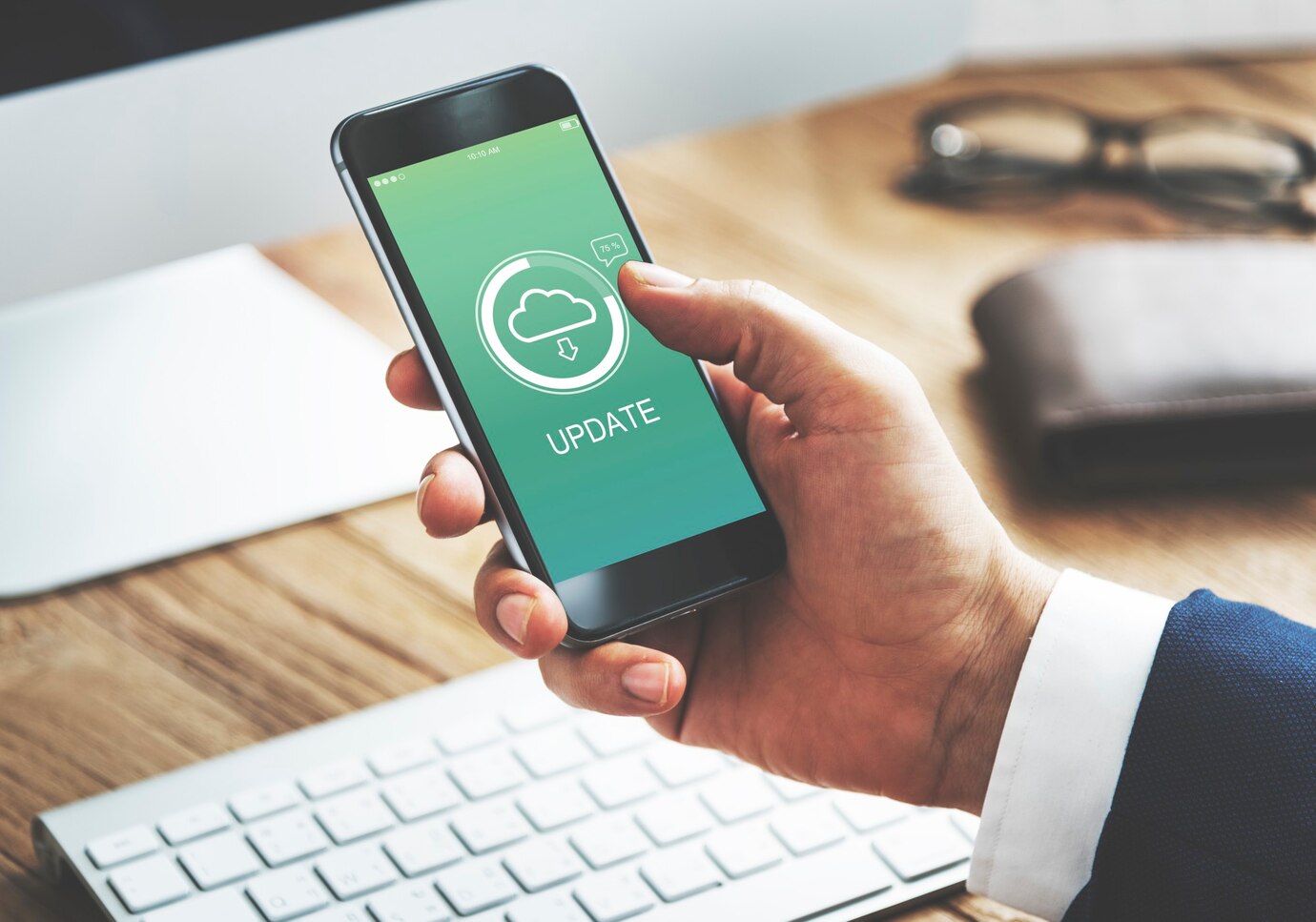The Importance of Regular App Updates and Maintenance
In today’s fast-paced digital world, mobile applications play a pivotal role in enhancing business efficiency and user satisfaction. Mobile app developers are at the heart of this ecosystem, continuously innovating to deliver apps that cater to evolving user needs. However, the journey doesn’t end with the launch of an app. Regular updates and maintenance are critical to ensuring the app’s longevity, relevance, and success. This article explores why consistent app updates and maintenance are indispensable for mobile app developers and the businesses they support.
Keeping Up with Technological Advancements

Technology is ever-evolving, with new operating system versions, device models, and programming frameworks emerging frequently. Mobile app developers must ensure that their apps remain compatible with the latest OS updates and hardware specifications. For instance, an app designed for Android 11 may not function optimally on Android 14 without updates. Regular maintenance ensures that apps adapt seamlessly to these changes, offering users a smooth and uninterrupted experience.
Moreover, advancements in development tools and techniques provide opportunities for optimization. By integrating these updates, developers can enhance app performance, reduce load times, and improve overall efficiency. Staying ahead of technological trends is not just about keeping the app functional; it’s about leveraging innovations to stay competitive in a crowded marketplace.
Enhancing User Experience and Engagement

User expectations are constantly evolving. What delighted users a year ago might no longer suffice today. Regular updates allow mobile app developers to introduce new features, improve UI/UX design, and address pain points highlighted by user feedback. This iterative process not only enhances user satisfaction but also boosts engagement and retention rates.
For example, adding personalization features, integrating with popular third-party services, or redesigning the app interface to align with modern aesthetics can make a significant difference. Users are more likely to remain loyal to an app that evolves with their needs rather than seeking alternatives that offer better functionality or design.
Strengthening Security and Privacy

Cybersecurity threats are a growing concern in the digital realm. Hackers are continually finding new ways to exploit vulnerabilities in software, and mobile apps are no exception. Regular updates are essential to patch security loopholes and protect sensitive user data.
Mobile app developers must stay vigilant by monitoring security trends and responding promptly to emerging threats. Implementing robust encryption protocols, adhering to privacy regulations, and updating permissions alignments are vital steps in safeguarding the app’s integrity. Users are more likely to trust an app that prioritizes their privacy and security, which, in turn, strengthens the brand’s reputation.
Improving App Performance

An app’s performance directly impacts user satisfaction and retention. Bugs, crashes, or slow loading times can frustrate users, leading to negative reviews and a decline in downloads. Regular maintenance allows developers to identify and fix these issues proactively.
Performance optimization also includes ensuring the app runs efficiently on newer devices while maintaining compatibility with older models. Mobile app developers can analyze user data to pinpoint areas of improvement, such as memory usage, battery consumption, or network connectivity. By addressing these aspects, they ensure a seamless user experience, which is crucial for retaining a competitive edge.
Adapting to Market Demands

The digital marketplace is highly dynamic, with user preferences and industry trends changing rapidly. Regular updates enable mobile app developers to align their products with current market demands. For instance, incorporating features like dark mode, voice search, or AI-driven recommendations can keep the app relevant and appealing to users.
Furthermore, updates provide an opportunity to expand the app’s functionality and cater to a broader audience. By integrating emerging technologies like augmented reality, machine learning, or blockchain, developers can elevate the app’s value proposition and create new revenue streams. Adapting to market demands is not just about meeting current expectations but also anticipating future trends and staying ahead of the curve.
Boosting App Store Rankings

App store rankings play a crucial role in determining an app’s visibility and discoverability. Regular updates signal to app stores that the product is actively maintained and improved, which can positively impact its ranking. High-quality updates that address user concerns or introduce innovative features are more likely to result in positive reviews and ratings.
Mobile app developers can also use updates as an opportunity to re-engage existing users through push notifications or in-app messages, encouraging them to explore new features or revisit the app. This increased engagement can further enhance the app’s ranking and visibility in app stores, driving more downloads and user acquisition.
Building Long-Term User Trust

Consistency in updates and maintenance demonstrates a commitment to quality and user satisfaction. Users are more likely to trust an app that receives regular attention from its developers. Trust translates into loyalty, with users recommending the app to others and leaving positive reviews.
For businesses, this trust can translate into increased revenue, as loyal users are more likely to make in-app purchases, subscribe to premium features, or engage with monetized content. Mobile app developers play a vital role in fostering this trust by ensuring the app remains reliable, secure, and relevant over time.
Conclusion

Regular app updates and maintenance are not merely optional but essential for the success of any mobile application. Mobile app developers must recognize the importance of staying proactive in adapting to technological advancements, enhancing user experience, strengthening security, and meeting market demands. By prioritizing consistent updates, developers ensure their apps remain competitive, user-friendly, and trustworthy in a rapidly changing digital landscape. Ultimately, the effort invested in maintenance and updates not only benefits the app’s users but also reinforces the developer’s reputation and the app’s position in the market.






